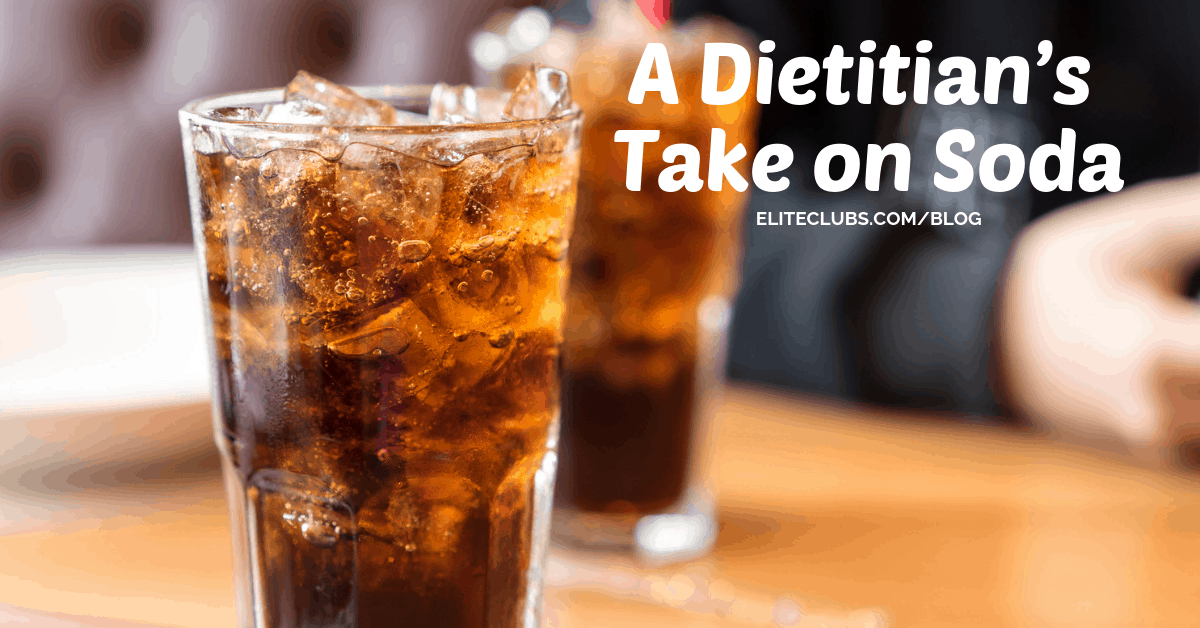
Most people are aware soda, as well as diet soda, is harmful to your health. Which is better? Which is worse? Are either ok? Here is a quick run-down of how both beverages affect your health so you can make an informed decision regarding your hydration.
Regular Soda
While regular soda contains a large amount of sugar, it may not actually contain as much sugar as other sugar-sweetened beverages on the market. Certain sodas contain less sugar than fruit drinks, flavored teas, or other novelty coffee drinks. This is where the positives end for regular soda. Since it does contain sugar, consuming regular soda will add extra calories to your daily intake. It is shown that when soda is consumed regularly and in high quantities, it is linked to an increased risk of chronic health conditions. This refers to obesity, type 2 diabetes, high blood pressure, heart disease, and certain cancers. Diets high in refined sugar, like the sugar found in regular soda, can also compromise an individual’s learning and memory formation. Due to the added sugars and calories in regular soda, a person who consumes one can per day will add an extra 14 ½ pounds to their body every year!
Diet Soda
Due to the artificial sweeteners, diet soda is lower in calories and will not cause cavities like regular soda will. Bacteria in the mouth, called plaque, needs sugar to grow. Since diet soda is not made from natural sugar, it will not directly contribute to new cavities. That’s not to say that dentists recommend regular consumption of diet soda. Diet soda is still acidic, which will strip the enamel from the teeth, leaving them more vulnerable to cavities. The artificial sweeteners can also undermine blood sugar control and lead to weight gain. Sugar cravings can increase with regular consumption of diet soda because the tongue tastes the sweetness of sugar, but the body does not actually receive any sugar or carbohydrates. Your brain will continue to release appetite hormones that reduce satiety and make you feel hungry. This may lead to increased eating and drinking until your body is satisfied. This overconsumption of calories and sweet treats can quickly lead to weight gain. Certain diet sodas actually contain more caffeine than their regular counterparts, which can increase levels of anxiety, blood pressure, and altered gut function.
The Breakdown
If you are simply looking to cut down on sugar and calories, diet soda is the better option. If you are looking to avoid the harmful effects of artificial sweeteners, regular soda is the better option.
The Final Say
Both regular soda and diet soda have pros and cons, and they both contain zero nutrition! The best options are water (infused with natural fruit for flavor), sparkling water, unsweetened tea, or black coffee. These choices ensure that you do not increase your risk of type 2 diabetes, metabolic syndrome, and insulin resistance through your fluid intake.
Schedule a Nutrition ConsultationWritten by Sarah Brunner, RDN, CD; Elite Sports Clubs Registered Dietitian
Sarah is certified in food allergies/intolerances and nutritional counseling, Academy of Nutrition and Dietetics; has a certificate in Dietetics from Mount Mary University; and a BA in Education and Mathematics from the University of Wisconsin – La Crosse.

1 Comment
Good article. The diet soda conundrum is troubling especially for people you drink the diet soda at night and suddenly have pre-bedtime cravings for something sweet.